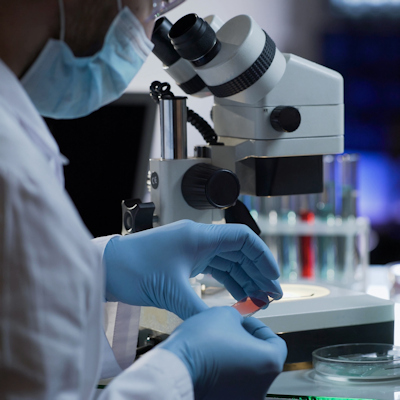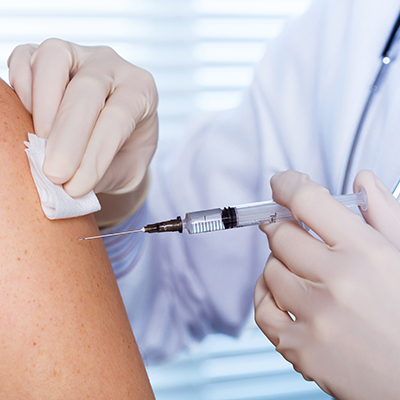August 11, 2022 -- Scientists from Scripps Research have discovered certain antibodies are capable of immunity against many different SARS-CoV-2 variants, as well as other SARS viruses like SARS-CoV-1.
Certain animals are more capable of producing these broad antibodies and during their investigation, the study team identified the antibody structures that provide this more comprehensive immune response, which has implications for vaccine production (Science Translational Medicine, August 10, 2022).
Specifically, these neutralizing antibodies recognize a viral spike region that is relatively more conserved or present across SARS viruses and less likely to mutate. In the study, rhesus macaque monkeys were immunized with the SARS-CoV-2 spike protein and two vaccine shots were administered that resemble the current mRNA vaccines available for humans. However, unlike humans, the macaques had a broad neutralizing antibody response against the virus due to their antibodies recognizing the conserved region, in this case the angiotensin converting enzyme 2 receptor binding site.
The majority of human antibodies do not target this region and that suggests additional strategies to coax the human immune system into recognizing this particular region of the virus will be helpful for vaccine production, according to the scientists.
However, the genetics between humans and monkeys differ so more investigation is needed, not only for identifying new strategies against SARS viruses, but also for making sure the best translational models are used.
Copyright © 2022 scienceboard.net











